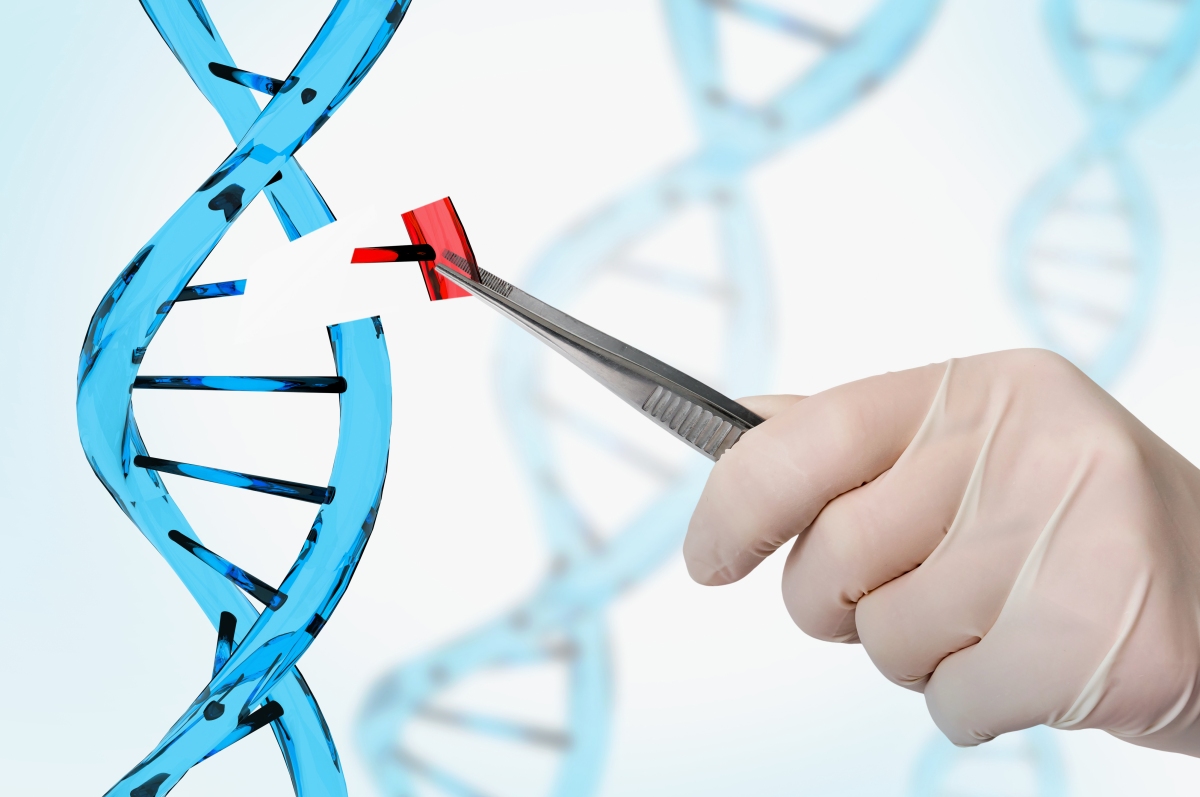A hot potato: Although the practice holds plenty of potential, it's still very premature. Ethics also play a big role in the debate as gene editing essentially allows humans to "play God" and create children with desirable traits which some label as "designer babies."
A Chinese researcher claims he helped create what is believed to be the world's first genetically altered babies - twin girls born earlier this month whose DNA was edited to make them more immune to contracting HIV, the virus that causes AIDS.
Researcher He Jiankui said he modified embryos from seven couples during fertility treatments using a tool called CRISPR-Cas9. The tool essentially allows scientists to "operate" on DNA, ideally to disable a faulty gene or supply one that is missing.
As the Associated Press highlights, gene editing has only recently been trialed in adults to treat life-threatening diseases. In such tests, the changes are confined to just the individual and aren't passed down to offspring. Sperm, egg or embryo editing is different, however, as changes can be inherited.
Plenty of people in the medical and scientific community are up in arms over the matter. Professor Julian Savulescu, an expert in ethics at the University of Oxford, said that "if true, this experiment is monstrous. The embryos were healthy - no known diseases."
Dr. Yalda Jamshidi, an expert in human genetics at St George's, University of London, concurs. "We know very little about the long term effects, and most people would agree that experimentation on humans for an avoidable condition just to improve our knowledge is morally and ethically unacceptable."
It's worth noting that there is no independent confirmation of Jiankui's claim and his work hasn't been published in a journal for peer review.
Lead image courtesy andriano.cz, Shutterstock
